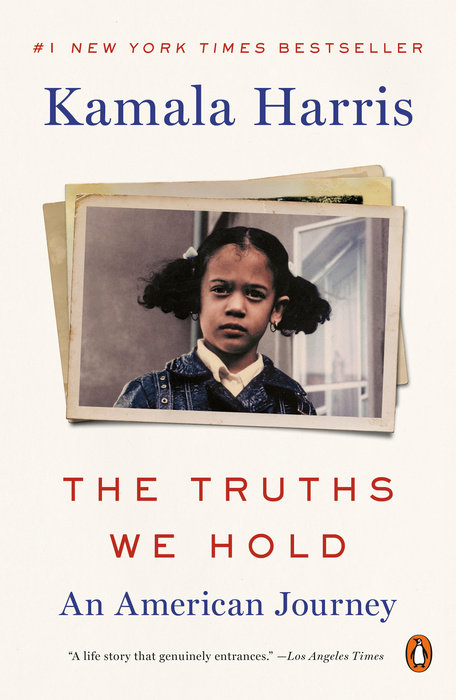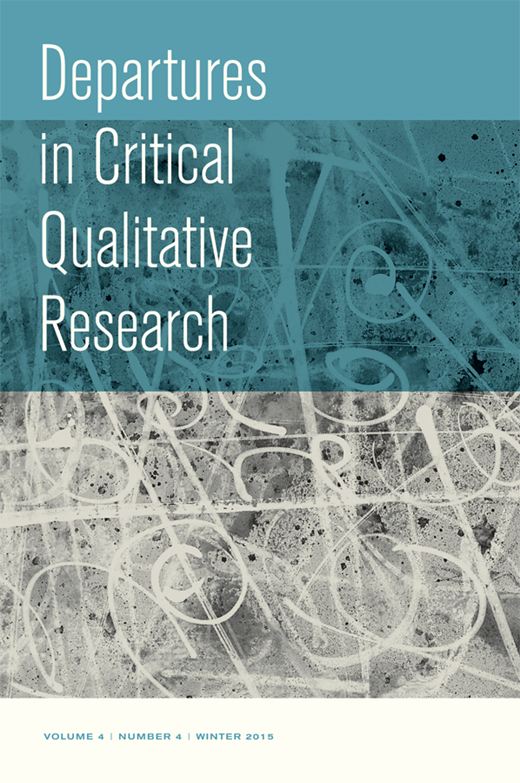Author Event: Dedria Humphries Barker on AADL.TVPosted in Biography, History, Live Events, United States, Videos, Women on 2020-08-19 22:34Z by Steven |
Author Event: Dedria Humphries Barker on AADL.TV
Ann Arbor District Library
343 South Fifth Avenue
Ann Arbor, Michigan 48104
2020-08-20, 00-01:30Z [2020-08-19, 20:00 to 21:30 EDT]
Join Dedria Humphries Barker as she discusses her book, Mother of Orphans: The True and Curious Story of Irish Alice, a Colored Man’s Widow.
Before Her Time: The Heroic Schooling of a Mulatto Girl
White women who for love crossed the 19th century Jim Crow color line for a new life in a Black family were highly unusual and often ostracized. But one such woman was Alice Donlan. Her interracial family braved further complication when her husband died in 1912, and Alice put their three children in an orphanage. Why was the one-hundred year old mystery unraveled by a two decades of research by Alice’s great granddaughter, Dedria Humphries Barker. Mother of Orphans is the resulting family biography. In this presentation, Humphries Barker argues that Alice’s act was heroic and helped propel future generations, including the author, to lives of opportunity.
Richly illustrated with historical and contemporary photographs, Mother of Orphans tells the story of Humphries Barker’s great grandmother, Alice Donlan, an Irish American woman from Indiana, who found love in Cincinnati, Ohio, at the end of the Gilded Age when the Ohio River city was known as the London and Paris of America. It was also the age of Jim Crow and lynching. This family biography explains how navigating interracial family life and different cultural values led to Alice’s unspeakable act. An intricate social history, Mother of Orphans links the stories of four generations of related White and Black women directly affected by Alice’s unspeakable act. And, in the final analysis, the author was amazed at how the social condition of 21st century women remains very similar to the daunting challenges Alice faced, especially when it comes to child care.
Dedria Humphries Barker is a African American woman writer who lives in Lansing, Michigan where she is a working mother of three adult children. Her work has included being a journalist at The Michigan Chronicle, Detroit’s African American newspaper, a staff writer for two Gannett, Co., Inc. daily newspapers, The Commercial News in Danville, Illinois, and The Lansing State Journal in Michigan’s capitol city; an editor at Michigan State University, and a freelance writer whose work on parenting has appeared on Salon.com, Your Teen, and Literary Mama, and in the Redbook and Good Housekeeping magazines, and The Detroit News, among other periodicals. Her work has been published by the historical societies of Ohio and Michigan. She is a former professor of English at Lansing Community College in Michigan.
To watch the event, click here.







.jpg?format=jpg&width=1920&height=1080&fit=crop)


